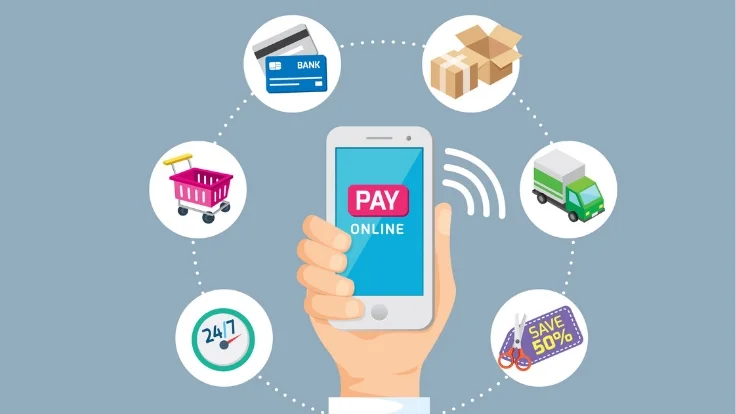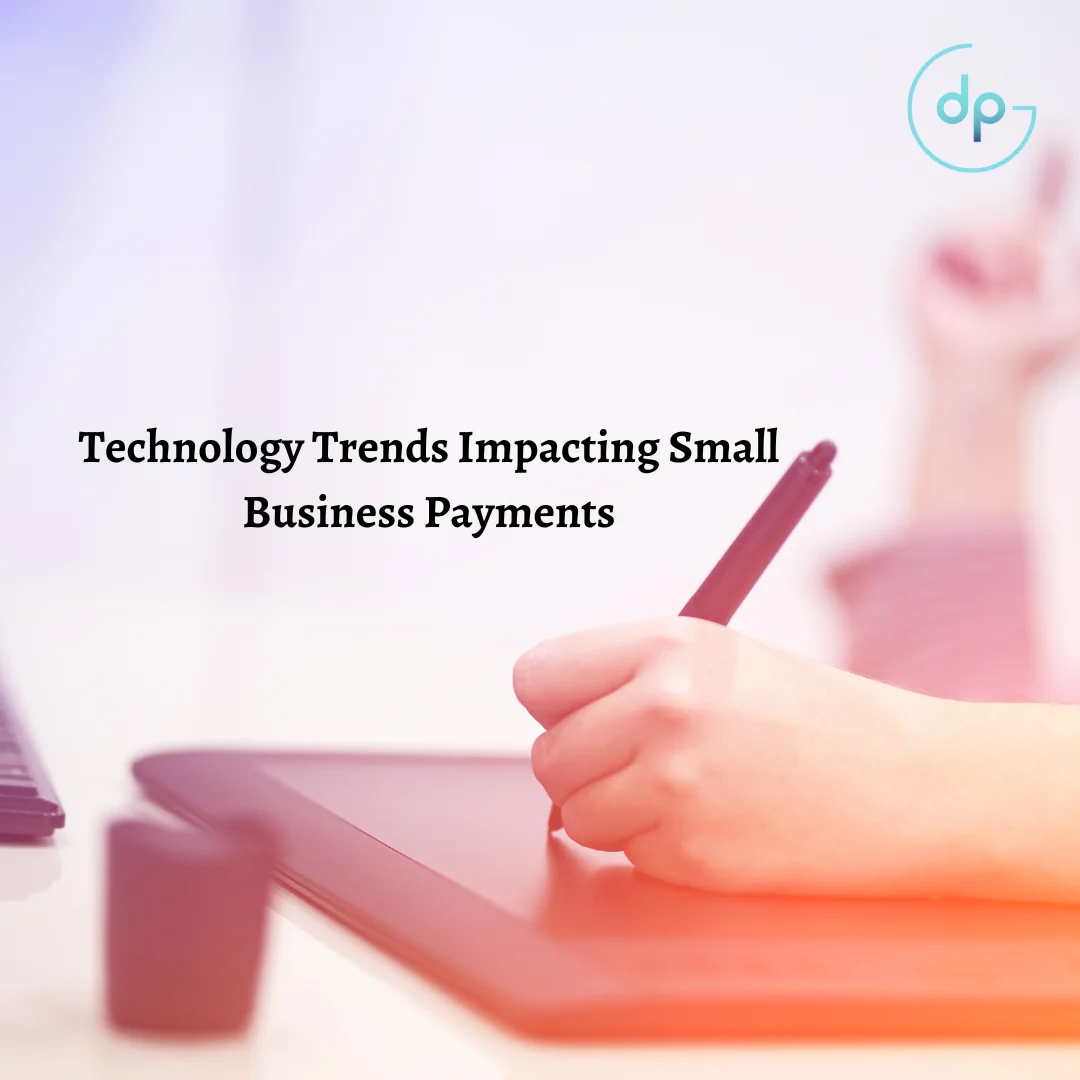Payment gateway became necessary for B2B companies with the rise of digital payments. B2B companies are switching to digital payments to simplify their daily business operations. B2b companies have a greater liking for digital payments over traditional payments.
There are still several companies that prefer traditional methods through checks and cash, whereas digital payment methods have made online payments easy with various payment modes like UPI, Netbanking, and Credit/Debit cards.
How did B2B company’s transaction work?
Well, a transaction is called B2B when one of the businesses acts as a customer to another business, the transaction can involve services like development, email tools, and more, or can involve parts and units. With the growing business, managing payments of vendors and suppliers through cash and check becomes a difficult task.
Why should B2B companies have a payment gateway?
During the purchase of supplies and services businesses usually, prefer to make bulk payments. They look out for multiple payment modes and want to be sure their payment is secure. They want to have track of these payments and also they want to trust their business partners.
Well, all of the above mentioned things are not possible with traditional payments, in fact, there are more cons in traditional payment methods as the check gets bounced, cash is difficult during bulk transactions. Thus, having a payment gateway simplifies these problems by providing complete transactions and providing multiple payment modes which can increase customer footfall for the B2B industry.
Benefits of B2B companies having a payment gateway.
In business, your Time is Money and the payment gateway handles both these entities. The ease of payments with lesser errors enables B2B companies to accelerate their transactions from vendors to suppliers. Following are the benefits of having a payment gateway.
- Saves Time and Effort by providing a payment button by clicking on which payments can be made thus eliminating the efforts of handling paper checks.
- Guarantees the payment from the buyer to the seller.
- Trackable goods and services and payment notifications.
- All online payments are secure giving the seller confidence to do business with new parties.
- Faster payment collection with guaranteed to reach clients at a specific period.
- Hassle-free payments by eliminating the security risks associated with cash payment.
Why Switch to Digital Payments from Traditional Payments?
In traditional payments dealing with cash and checks can get tedious at times, also drawback is physically mailing the invoices to the clients which consumes a lot of time and effort. Payment gateways eliminate this process by providing payment automation wherein your clients get a notification for payments they make thus avoiding the hassle of managing cash, and checks and physically sending emails.
Related Post: Digital Payment Gateway for Successful E-Commerce Business
How do B2B companies use payment gateways?
Integrate a payment gateway into the website:
Many companies integrate a payment gateway on their website allowing the customers to make a purchase from the website. This also allows them to choose from various modes of payment like credit/debit cards, net banking, and UPI. Most business also provides NEFT.
Add bank details on the website or email bank details:
Many companies provide bank details on their website or in the pricing section which is added to the account to transfer the amount. Some companies email their client bank details to receive payments.
Payment Links:
This is the easiest way of collecting payments, B2B companies share the payment link on social media platforms like Facebook, Whatsapp, and SMS. Customers can click on this link and make payments. Payment also offers customers to use multiple payment modes to make payment.
Recurring Payment:
B2B companies provide recurring payment set up for their client so they do not need to worry about paying at regular intervals. Recurring payments are basically instructions sent to the bank to debit the amount at a certain date.
How Digital Payment Guru facilitates B2B companies?
Digital Payment Guru provides top payment gateways like PayPal, PayU, Instamojo, Atom, and Paytm at the best prices compared to market rates. We help you choose the best payment gateway according to your business by analyzing your business needs.







